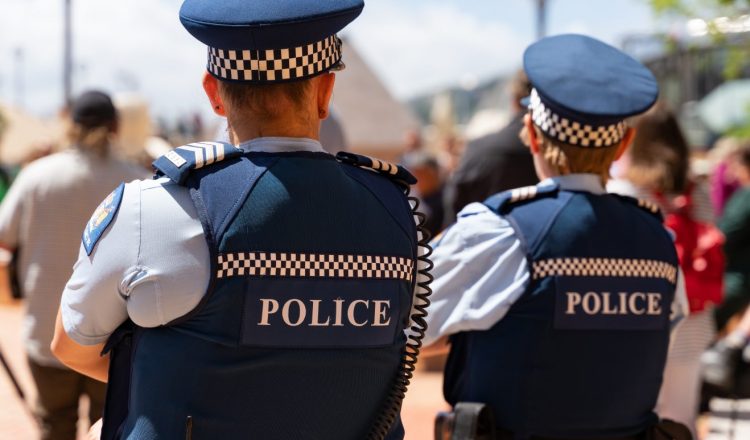Traffic enforcement powers
Police officers have the following traffic enforcement powers:
- if you’re on a road (whether or not you’re driving), the police can order you to give them your full name, full address, date of birth, occupation and phone number, as well as any other details needed to identify you
- if you’re on a road, they can also order you to give them any information you have that would identify the driver of any vehicle (but you don’t have to do this if you’re under arrest)
- the police can inspect, test or examine any part of your vehicle and any driver’s licence, warrant of fitness, or other official land transport document displayed on or carried in your vehicle
- they can enter and move your vehicle to a place where it won’t be a traffic hazard, or order you to move it or authorise a tow-truck operator to move it, if they believe on reasonable grounds that the vehicle is obstructing the road or an entrance or that it’s a safety risk or inconveniencing the public
- if you don’t have a licence, the police can forbid you to drive any motor vehicle.
What to do if the police order you to stop:
The police can signal you to stop whenever you’re driving, so long as the police officer is in uniform or wearing distinctive headgear with an official badge on it. You must then stop as soon as you can. A police vehicle driving behind you can also require you to stop, either by using a siren or by flashing blue (or blue and red) lights.
The police can require you to stay stopped for as long as is reasonably necessary for them to get your details and certain other information, or to exercise any of their other powers. They can require you:
- to give them your full name, full address, date of birth, occupation and phone number
- to tell them whether you’re the owner of the vehicle
- if you’re not the owner, to give them the owner’s name and address, or other details that would help identify the owner.
However, if the police have stopped you only so they can establish who’s driving your vehicle, they can’t require you to stay stopped for more than 15 minutes.
The police can forbid you to drive your vehicle on any road if the vehicle is unsafe or doesn’t comply with traffic regulations and rules.

















































